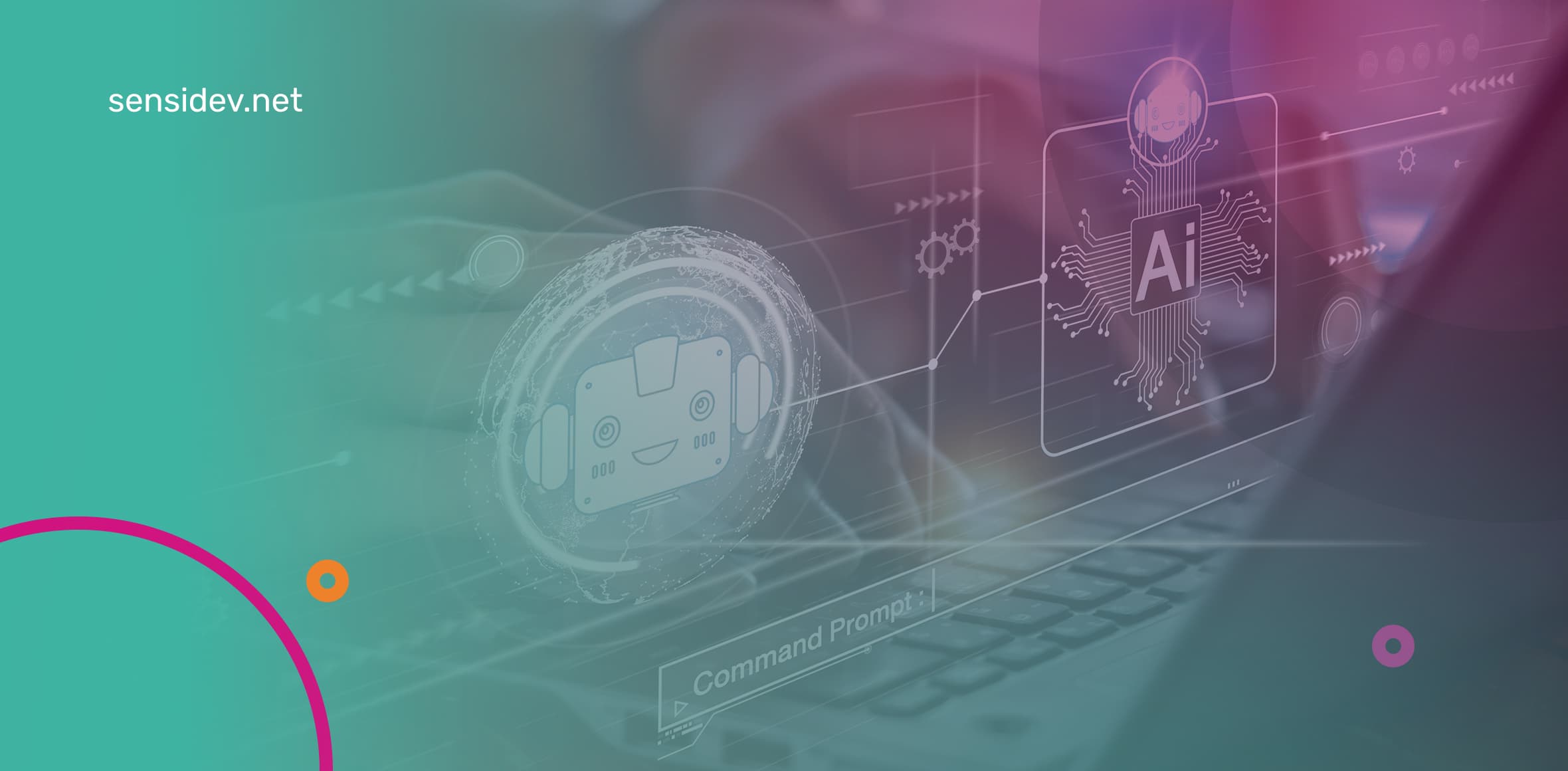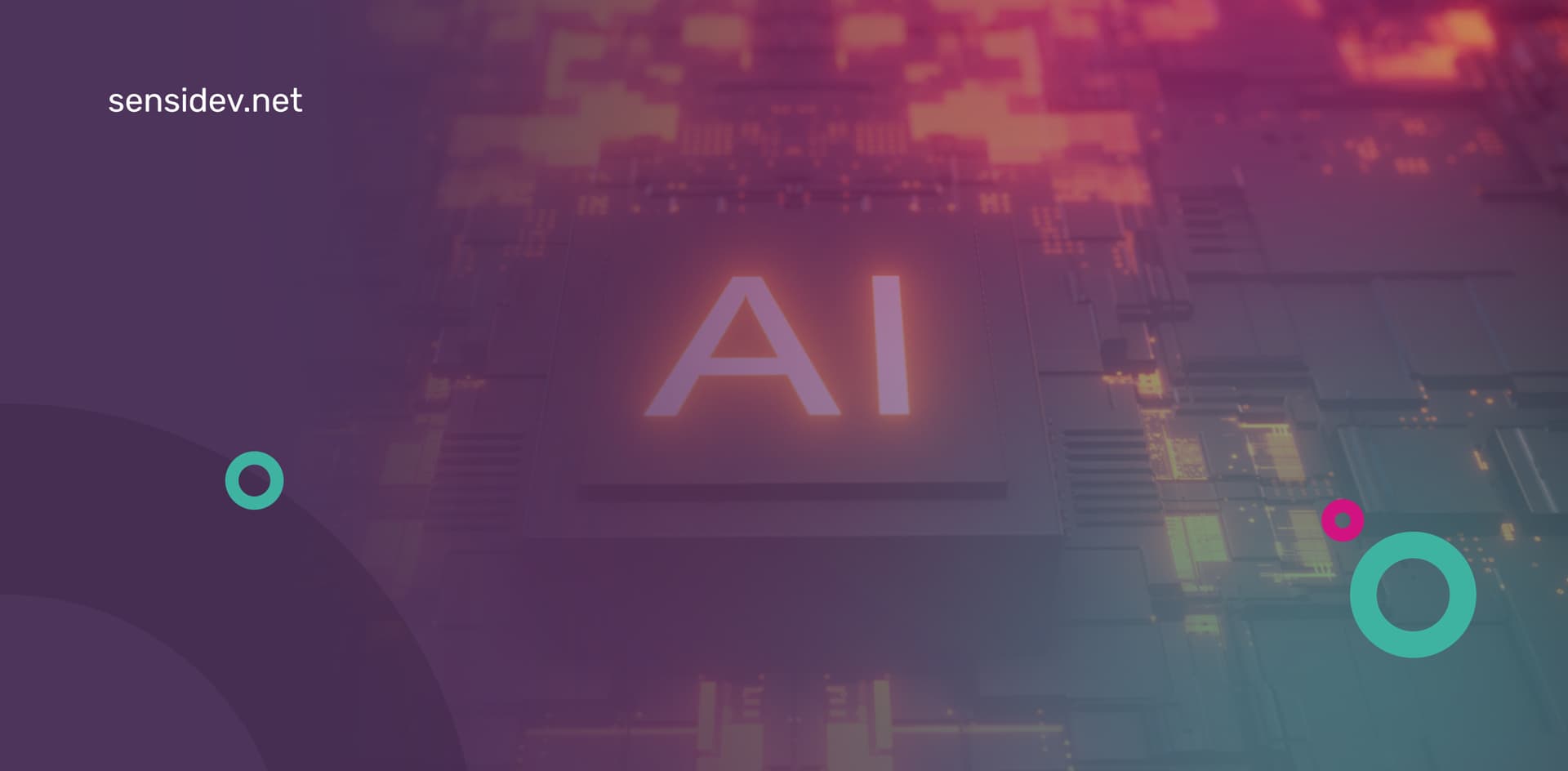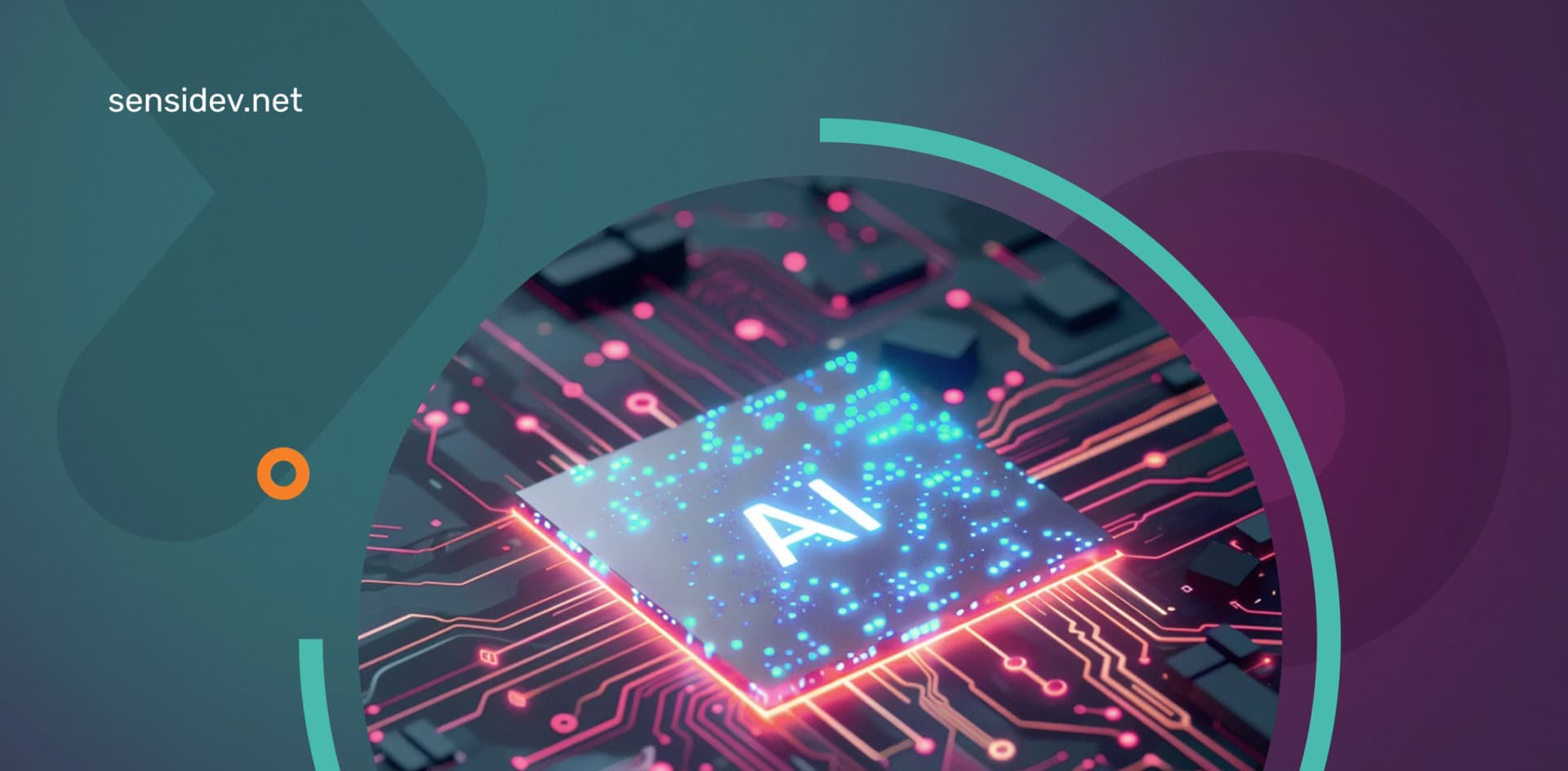
How do companies use artificial intelligence in 2024
by Lucian Corduneanu • about 1 year ago • 10 min read
Welcome to the AI Playground: Where Bytes Meet Brilliance! 🚀 Ever wondered how your favorite apps and companies are sprinkling a little magic into your everyday experiences? Join us on a journey through the whimsical world of AI! How do companies use AI for their clients and employees? How is AI used in the business environment in 2024?
AI fosters innovation by enabling companies to develop new products, services, and business models that address emerging market needs and capitalize on untapped opportunities. Basically, it enables companies to optimize resource utilization, reduce operational costs, and drive efficiency gains across their business processes. AI-driven technologies such as natural language processing (NLP), computer vision, and autonomous systems enable companies to create innovative solutions, differentiate themselves from competitors, and stay ahead in a rapidly evolving business landscape.
What jobs won’t be replaced by AI
As AI technology continues to evolve and mature, we can expect to see further advancements and applications across diverse sectors and industries. Here are just a few examples of how companies are harnessing the power of AI to innovate, transform business operations, and deliver value to customers in 2024:
- Customer Service and Support: AI-powered chatbots and virtual assistants are being deployed by companies to handle customer inquiries, provide support, and streamline communication channels. These intelligent systems use natural language processing (NLP) and machine learning algorithms to understand customer queries and deliver personalized responses, improving customer satisfaction and reducing response times.
- Predictive Analytics and Forecasting: AI algorithms are employed to analyze vast amounts of data and predict future trends, behaviors, and outcomes. Companies use predictive analytics to anticipate market shifts, optimize inventory management, forecast demand, and make data-driven decisions across various functions such as marketing, sales, and supply chain management.
- Personalized Recommendations and Content Curation: AI-powered recommendation engines are utilized by e-commerce platforms, streaming services, and social media networks to deliver personalized content, product recommendations, and advertisements to users. These recommendation systems analyze user preferences, behavior, and interactions to tailor content and offerings, increasing user engagement and conversion rates.
- Automation and Process Optimization: Companies are automating repetitive tasks and workflows using AI-driven robotic process automation (RPA) and intelligent automation solutions. AI-powered automation streamlines business processes, reduces manual errors, and increases operational efficiency across functions such as finance, human resources, and customer relationship management.
- Healthcare Diagnosis and Treatment: In the healthcare sector, AI is revolutionizing medical diagnosis, treatment planning, and patient care. Machine learning algorithms analyze medical images, patient data, and clinical records to assist healthcare professionals in diagnosing diseases, predicting treatment outcomes, and personalizing patient care pathways, leading to improved accuracy and efficiency in healthcare delivery.
- Cybersecurity and Fraud Detection: AI is employed for cybersecurity purposes, including threat detection, anomaly detection, and fraud prevention. AI-driven cybersecurity systems analyze network traffic, user behavior, and system logs to identify suspicious activities, detect security breaches, and mitigate cyber threats in real time, enhancing organizations' security posture and resilience against cyberattacks.
- Autonomous Vehicles and Transportation: Companies are developing and deploying AI technologies for autonomous vehicles, drones, and transportation systems. AI algorithms enable autonomous vehicles to perceive their environment, make real-time decisions, and navigate safely without human intervention, revolutionizing transportation and logistics industries.
Largest AI companies by market capitalisation in 2024
Which industries gain the most from AI at this point?
AI technologies have become invaluable assets across various industries, revolutionizing traditional practices and unlocking new opportunities for innovation and growth. Among the sectors experiencing significant benefits from AI adoption are healthcare, finance, retail, manufacturing, transportation and logistics, telecommunications, and cybersecurity.
In healthcare, AI facilitates more accurate diagnosis, personalized treatment plans, and improved patient care. By leveraging AI-powered medical imaging, predictive analytics, and virtual health assistants, healthcare providers can detect diseases earlier, tailor treatments to individual patients, and enhance overall healthcare outcomes.
Similarly, the finance industry harnesses AI for fraud detection, risk assessment, algorithmic trading, and customer service. AI-driven predictive analytics models analyze vast financial datasets to identify fraudulent activities, assess credit risks, and predict market trends, enabling financial institutions to make data-driven decisions and mitigate risks effectively.
Retailers are utilizing AI to optimize customer engagement, streamline supply chain operations, and deliver personalized shopping experiences. AI-powered recommendation engines, chatbots, and virtual assistants help retailers understand customer preferences, offer targeted promotions, and provide seamless omnichannel experiences, ultimately driving sales and customer loyalty.
In manufacturing, AI technologies are driving efficiency and innovation through predictive maintenance, quality control, and autonomous production systems. Predictive maintenance solutions powered by AI analyze equipment data to anticipate maintenance needs and minimize downtime, while computer vision and robotics automate inspection and assembly processes, improving productivity and product quality.
Transportation and logistics sectors are leveraging AI for autonomous vehicles, route optimization, and predictive analytics. AI-enabled navigation systems allow autonomous vehicles to navigate safely and efficiently, while predictive analytics models optimize logistics operations, reduce fuel consumption, and enhance delivery accuracy, resulting in cost savings and operational efficiencies.
Telecommunications companies are incorporating AI to enhance network management, customer service, and predictive maintenance. AI-driven network optimization algorithms improve network performance and reliability, while virtual assistants and chatbots automate customer support and troubleshooting, leading to improved customer satisfaction and retention.
Lastly, AI plays a critical role in cybersecurity by detecting and mitigating cyber threats in real time. AI-powered cybersecurity solutions analyze network traffic, identify anomalies, and respond to security incidents rapidly, strengthening organizations' defense mechanisms and reducing the risk of data breaches and cyberattacks.
In summary, AI technologies are driving transformative changes across diverse industries, enabling organizations to optimize processes, improve decision-making, and deliver better products and services to their customers. As AI continues to evolve and advance, its impact is expected to grow, reshaping business practices and driving further innovation and growth across various sectors.
What is the perspective of Sensidev software developers on the role of AI in business as of 2024?
As software developers at Sensidev, we see AI's potential to transform business. AI is revolutionizing how we handle tasks like automating marketing report aggregation and analysis. By using intelligent agents, we can solve complex problems, streamline operations, and improve efficiency.
We’re committed to staying on top of AI advancements, integrating them into our work to create software that’s both useful and valuable for users. Our goal is to innovate continuously and deliver solutions that exceed expectations. This focus on quality and user-centric design keeps our software relevant and impactful in a rapidly changing digital world.
Artificial Intelligence News

Empowering Business Growth Through Strategic AI Implementation: Insights from Sensidev
by Ionuț Movilă • about 1 year ago• 7 min read
